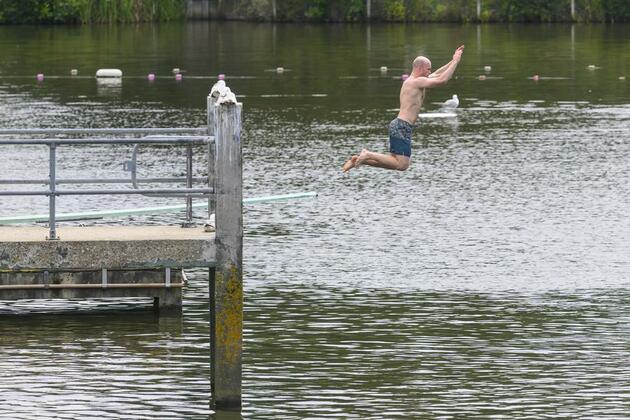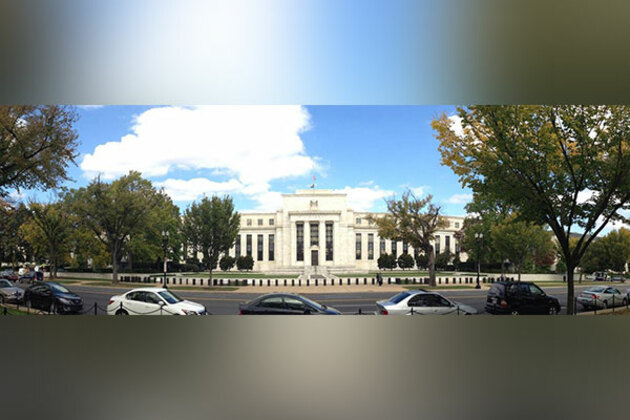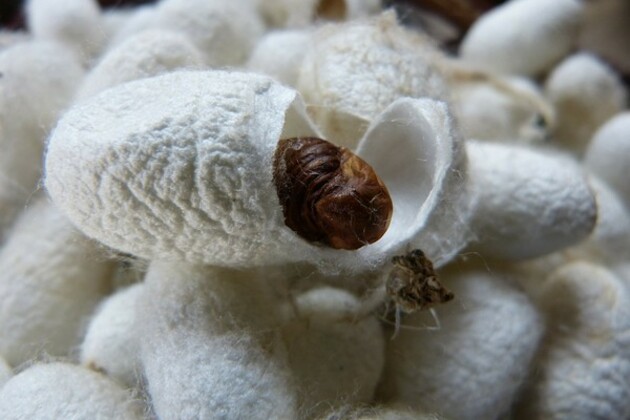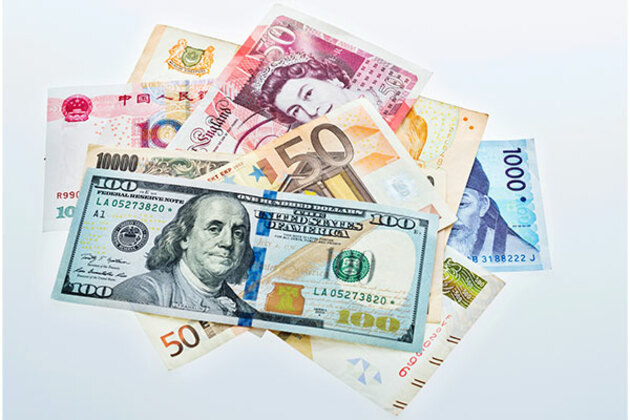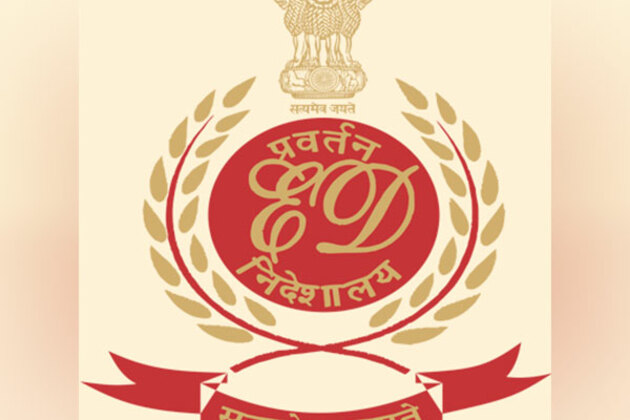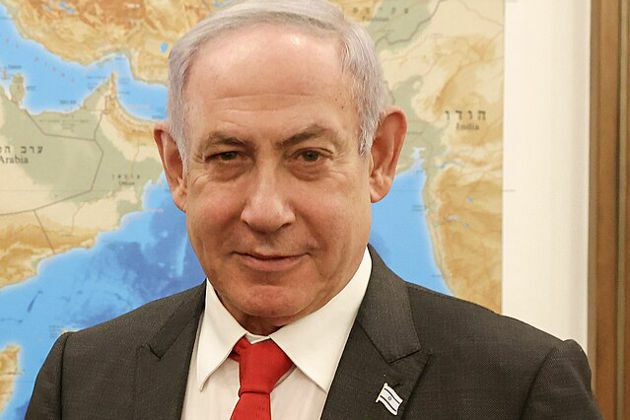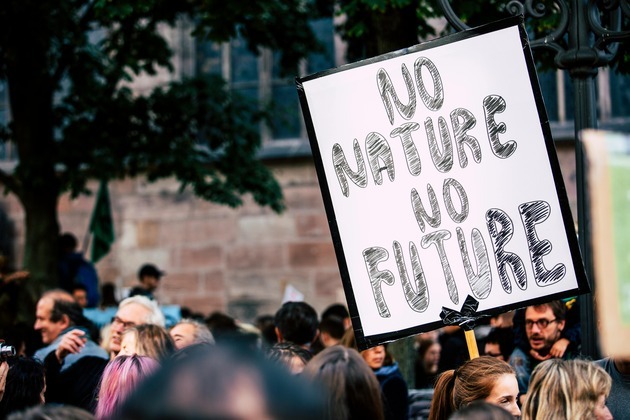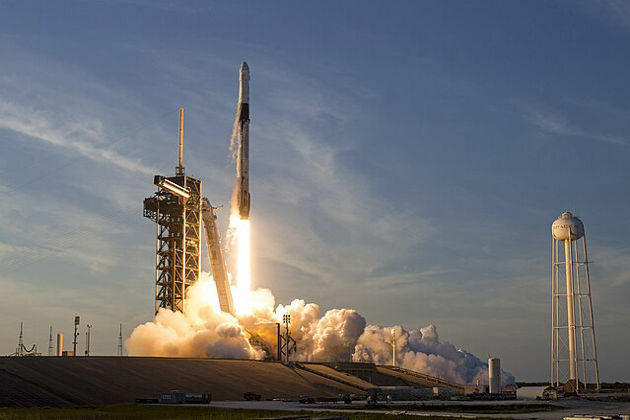International Year of Glaciers Preservation: save the glaciers!
Pressenza
29 Jun 2025, 22:16 GMT+10
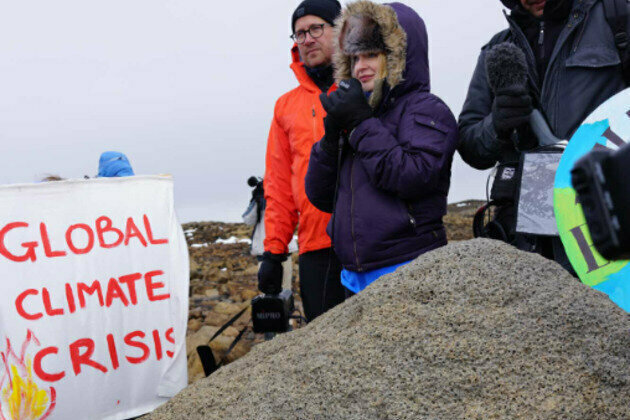
The United Nations has designated 2025 as the International Year of Glaciers Preservation to highlight the importance of glaciers and ensure that those relying on them, and those affected by cryospheric (1) processes, receive the necessary hydrological, meteorological, and climate services.
Glaciers are crucial for regulating the global climate and providing freshwater, essential for billions of people. However, due to climate change, driven mainly by human activities since the 1800s, these vital resources are rapidly melting.
The resolution calls on the international community to resolve conflicts through inclusive dialogue and negotiation in order to ensure the strengthening of peace and trust in relations between UN member states as a value that promotes sustainable development, peace and security, and human rights.
Contrary to calls on the international community to resolve conflicts through inclusive dialogue and negotiation, Canada has decided to militarize the Arctic, citing the war in Ukraine as a major factor. In fact, much of the Arctic Circle is located in Russia, Canada, and Greenland.
Last year the Canadian government affirmed that NORAD (North American Aerospace Defense Command) and NATO (North Atlantic Treaty Organization) will ensure Canadian sovereignty over the Arctic. However, NORAD, which is led by the United States and headquartered in Colorado Springs, is in power, while NATO is headquartered in Brussels. This decision by the federal government gives disproportionate control over the Canadian Arctic and threatens Inuit sovereignty and the balance of the already fragile Arctic ecosystem. The proposed militarization of the Canadian Arctic threatens to further weaken the ecosystem, which is being hit hard by climate change and melting ice.
Dramatic changes in the Arctic, including an increase in wildfires, the greening of the Tundra and an increase in winter precipitation, are documented in the US National Oceanic and Atmospheric Administrations 2024 Arctic Report Card.
The report notes a growing scientific consensus that melting Greenland and Antarctic ice sheets, among other factors, may be slowing important ocean currents at both poles, with potentially dire consequences for a much colder northern Europe) and greater sea-level rise along the U.S. East Coast.
Unfortunately, the Trump administration's plan to dismantle the nation's atmospheric research programs and could set U.S. forecasting back to dark age, warns hurricane, weather and ocean scientists.
These new findings corroborate recent WMO State of the Global Climate and State of Global Water Resources reports which also have also highlighted the alarming melting affecting the cryosphere.
A glacier is a large accumulation of mainly ice and snow, that originates on land and flows slowly through the influence of its own weight. Glaciers are found on every continent. They exist in many mountain regions and around the edges of the Greenland and Antarctic ice sheets. There are more than 200 000 glaciers in the world, covering an area of around 700 000 km2 (RGI, 2023). Glaciers are considered as important water towers, storing about 158 000 km3 of freshwater (Farinotti et al., 2019). Glaciers are a source of life, providing freshwater to people, animals and plants alike.
Okjkull (Icelandic pronunciation: [kjktl], Ok glacier) was a glacier in western Iceland on top of the shield volcano Ok.[2] Ok is located north-east of Reykjavk. The glacier was declared dead in 2014 by glaciologist Oddur Sigursson due to its loss of thickness.
The plaque was installed on August 18, 2019,[5] with an inscription written by Andri Snr Magnason, titledA letter to the future, in Icelandic and English. The English version reads:
Ok is the first Icelandic glacier to lose its status as a glacier.
In the next 200 years all our glaciers are expected to follow the same path.
This monument is to acknowledge that we know
what is happening and what needs to be done.
Only you know if we did it.
Impact
Glaciers and ice caps are critical for sustaining ecosystems and human livelihoods. They provide essential meltwater runoff during dry seasons, supporting drinking water, agriculture, industry, and clean energy production, making these frozen reservoirs vital for global water resources. Climate and cryosphere changes, however, are disrupting the water cycle, altering the amount and timing of glacier melt, causing knock-on impacts on water resource availability while also contributing to sea-level rise.
As glaciers continue to shrink and snow cover diminishes, less water will be available for communities, particularly in seasonally dry regions. Increased competition for water resources is expected, with regions like China, India, and the Andes among the most vulnerable. Glaciers that have surpassed their Peak Water pointthe stage at which meltwater runoff reaches its maximumwill gradually provide decreasing contributions to downstream water supplies, intensifying challenges for water security.
Over the past century, despite representing only 0.5% of global land surface area, glaciers have contributed more to sea-level rise than the Greenland and Antarctic ice sheets. Between 2000 and 2023, glaciers are estimated to have lost an average mass of approximately 273 billion tonnes per year, which is equivalent to approximately 0.75 mm per year of global sea-level rise (The GlaMBIE Team, 2025).
The continuous retreat of glaciers signals the growing impacts of global warming and creates new hazards while intensifying existing ones. For example, melting glaciers are increasing the risk of hazards such as glacier lake outburst floods, ice avalanches and glacial debris flows, posing dangers to local and downstream communities. However, risk assessments are often not possible due to an absence of data (IPCC, 2019). Therefore, increased observation of the cryosphere is critical for effectively forecasting the impacts of cryosphere-related hazards.
___________________________________________
Source:
https://www.igsoc.org/publications/annals-of-glaciology/2025-international-year-of-glaciers-preservation
https://public.wmo.int/resources/campaigns/launch-of-website-international-year-of-glaciers-preservation-2025
(1) Cryospheric: The cryosphere is an umbrella term for those portions of Earth's surface where water is in solid form. This includes sea ice, ice on lakes or rivers, snow, glaciers, ice caps, ice sheets, and frozen ground (which includes permafrost).
Rdaction Montral
 Share
Share
 Tweet
Tweet
 Share
Share
 Flip
Flip
 Email
Email
Watch latest videos
Subscribe and Follow
Get a daily dose of Colorado Star news through our daily email, its complimentary and keeps you fully up to date with world and business news as well.
News RELEASES
Publish news of your business, community or sports group, personnel appointments, major event and more by submitting a news release to Colorado Star.
More InformationInternational Business
SectionExtreme heatwaves underscore climate urgency, demand action
Scientists have widely agreed that the persistent rise in greenhouse gas emissions since the Industrial Revolution is the primary driver...
Large American banks pass Fed's annual stress tests
Washington DC [US], June 29 (ANI): The Federal Reserve's annual bank stress test showed that large American banks are well-positioned...
PM Modi highlights Meghalaya's Eri Silk in Mann Ki Baat, calls it 'Ahinsa Silk'
New Delhi [India], June 29 (ANI): Prime Minister Narendra Modi, in the 123rd episode of his monthly radio address Mann Ki Baat, lauded...
India's forex reserves dip by USD 1.02 billion to USD 697.93 billion
Mumbai (Maharashtra) [India], June 29 (ANI): India's foreign exchange reserves (forex) declined by USD 1.02 billion this week after...
Mumbai court allows restoration of attached property worth Rs 952 Crore of Vadraj Cementt
New Delhi [India], June 29 (ANI): In a significant development in the IL&FS case, assets worth Rs 952 crore, which were attached by...
Chennai Airport conducts mock drill to test emergency response
Chennai (Tamil Nadu) [India], June 28 (ANI): The Airports Authority of India (AAI) conducted a mock drill at Chennai International...
US
SectionIsrael should act fast on new peace deals, Netanyahu says
JERUSALEM, Israel: Israeli Prime Minister Benjamin Netanyahu says that Israel's success in the war with Iran could open the door to...
DIY weight-loss drug trend surges amid high prices, low access
SAN FRANCISCO, California: Across the U.S., a growing number of people are taking obesity treatment into their own hands — literally....
Apple allows outside payment links under EU pressure
SAN FRANCISCO, California: Under pressure from European regulators, Apple has revamped its App Store policies in the EU, introducing...
UN climate agency gets 10 percent boost amid global budget cuts
BONN, Germany: Despite widespread belt-tightening across the United Nations, nearly 200 countries agreed this week to increase the...
Euro, pound surge as U.S. rate cut odds grow after Powell hint
NEW YORK CITY, New York: The U.S. dollar tumbled this week, hitting its lowest levels since 2021 against the euro, British pound, and...
Mexican President orders review of SpaceX environmental impact
MEXICO CITY, Mexico: Mexican President Claudia Sheinbaum said this week that her government is investigating possible environmental...

